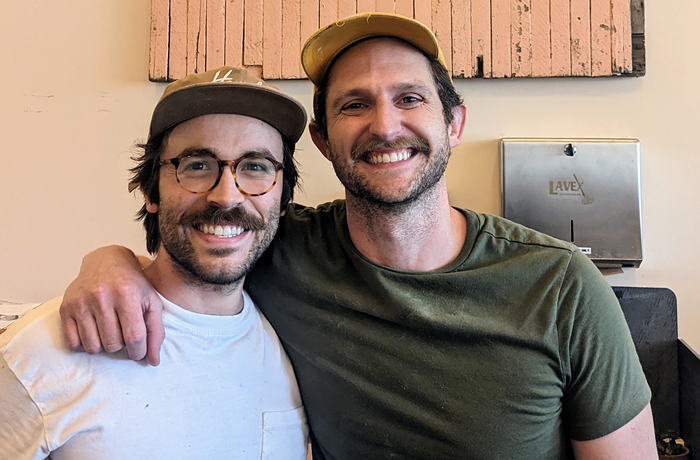Today, the mayor's office kicked off this year's Fresh Bucks program, which provides matching funds for food stamp users buying fruits and vegetables at local farmers markets. The program is limited in scope, but its benefits, as I've outlined before, are huge: It supports people on food stamps getting fresh produce instead of packaged foods (which can be easier to access and cheaper, but less healthy) and stretches their food budget, all while supporting local farmers and bringing new customers to local farmers markets. If you use SNAP, here's more info on how to use the program.
Unlike last year's all-private funding, this year's version has $50,000 of city money added to the $150,000 donated by JP Morgan Chase and the Seattle Foundation, and while last year it was only available at seven markets, this year it's expanded to all of the city's farmers markets. Yay!
Except, just like last year, it's only funded through part of the year, now through October (in 2012 it was extended through the end of the year after rousing success). Got Green, a South Seattle nonprofit that works on issues where environmental and racial justice intersect, continues to press the city to take over Fresh Bucks funding in its budget so the program's survival isn't contingent on finding private donors each year and it's run on a consistent basis. While even summer-only markets were opening this April, May, and June, Got Green was advocating at City Hall trying to get it going, while the city slowly pulled together its contribution and wrangled last year's donors to chip in again.
But the program's numbers are clear, and really good: According to the city's Office of Sustainability and Environment, almost 1,500 low-income shoppers bought produce at farmers markets; 900 of those had never shopped at a farmers market before. And 85 percent of the shoppers they surveyed reported increasing their consumption of fruits and vegetables as a result of the Fresh Bucks matching program. Says the sustainability office's Sara Wysocki, "Last year was the pilot, this year we’re scaling it up... We'll have even better data for next year." Hopefully they can use that to make the case for long-term city funding; it's just the kind of program that stretches city dollars to improve the health of people and the economy at the same time.



















